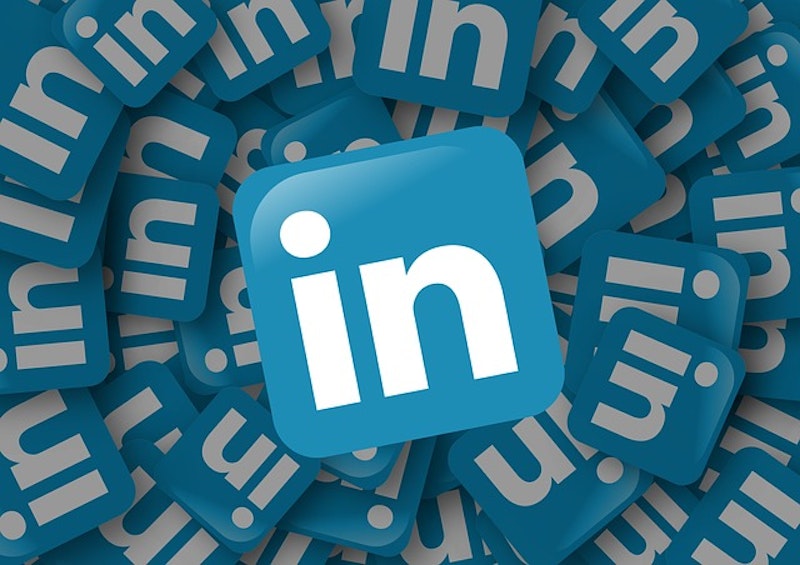The sales consultant on LinkedIn wants you to know she's different. She's disrupting the marketplace. She's innovating solutions. She writes these things beneath a stock photo of an empty road stretching toward distant mountains. The image suggests journey, possibility, dreams achieved through determination. It's the same road you've seen a thousand times before.
The conformity hits you first and hits you hard. Every profile here is a mirror of the next—the same buzzwords arranged in slightly different orders, like tiles in a corporate Scrabble game. They're all selling authenticity through artificial means, disrupting through imitation, innovating by copying what worked yesterday.
These digital streets are paved with automated wisdom. Artificial intelligence now writes many of the posts, thankfully sparing humans the labor of crafting their own platitudes about grinding and hustling and dreaming big. The machines have mastered our corporate cant, endlessly recombining "thought leadership" and "paradigm shifts" into new arrangements that somehow all sound the same.
The sales pitches float by like paper boats in a digital stream. A marketing agency wants you to know they're different—just like all the others claiming the same thing. Their uniqueness is expressed through identical phrases, their originality proven through mimicry. It's a strange dance, this performance of distinctiveness through conformity.
In video meetings, the artifice reaches new heights. A sales lead holds up a notecard on Zoom—imagine that, a physical prop in a virtual space—and reads AI-generated sentiments about how much they specifically care about your organization. "A lot of vendors just say that," he recites, "but I really mean it." The irony could crush you if you let it.
The digital marketing world has become a hall of mirrors where everyone shouts about being different while reflecting each other perfectly. They don't just echo the same ideas—they echo the same claims about not being echoes. It's conformity squared, sameness about sameness.
That stock photo road keeps appearing, always empty, always stretching toward those meaningful mountains. Nobody ever seems to notice there are no cars on it, no signs of actual journey or progress. It's just there, a visual cliché to accompany the written ones, both equally untraveled.
These posts spread across feeds like a gentle fog, obscuring any real distinctiveness under a blanket of manufactured authenticity. The algorithm rewards this sameness, promoting posts that hit the right keywords and emotional notes, encouraging more people to copy what works. The cycle feeds itself.
Real difference doesn't announce itself with stock photos and buzzwords. It doesn't need to tell you it's disrupting anything. It simply is what it is, without the performative declarations of uniqueness that have become LinkedIn's lingua franca.
But we keep scrolling, past endless variations of the same message: be different (like us), disrupt (like everyone else), innovate (in approved ways). The road in the stock photo stretches on forever, always promising but never arriving. The machines keep writing, the humans keep posting, and somewhere beneath all the artificial authenticity, real distinctiveness struggles to breathe.
This is the modern business world's favorite social network—a temple built to worship at the altar of differentiation through sameness. A place where artificial intelligence helps humans pretend to be authentic, where everyone disrupts in exactly the same way, where roads lead nowhere but look meaningful doing it.
The sales consultant on LinkedIn wants you to know she's different. Just like everyone else.

